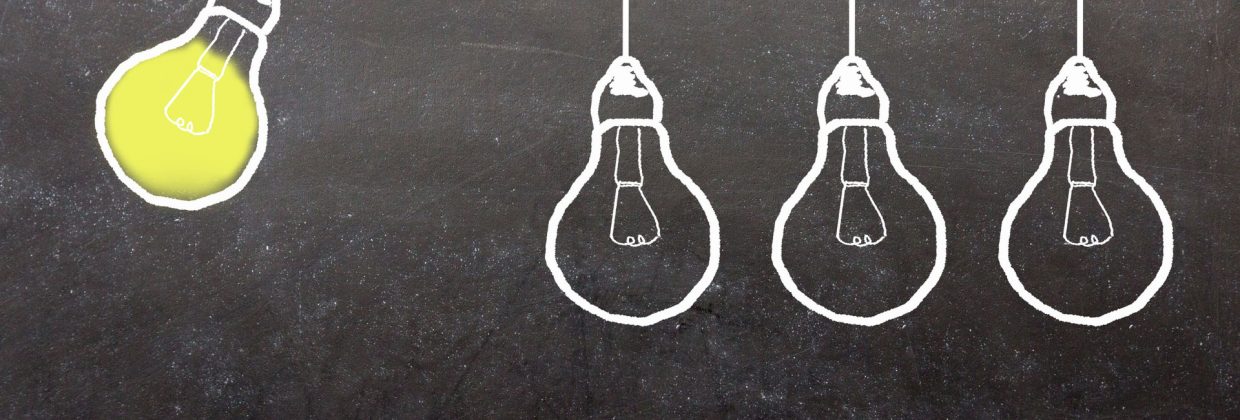Brazil is a member of all major intellectual property conventions, but piracy is common. Laws are tough, providing for criminal as well as civil penalties, but enforcement by authorities is sporadic. Most matters relating to intellectual property registration are dealt with by the National Institute of Industrial Property (“INPI”). Specific rules apply to trademarks, patents, designs and models of invention, copyright, integrated circuits and plant breeds. Additionally, the protection of confidential information is available under general contract principles as well as under the Law of Intellectual Property. Finally, there are rules that apply to contracts for the transfer of proprietary information (“know-how” and “technology”).
Brazil’s IP rules have recently improved. Since 30 December 2022, the INPI has recognised that a licensee is allowed to pay royalties for unregistered intellectual property rights, allowing for royalties to be deducted where the contracts are registered with the INPI. Also, on 3 August 2023, Hague System became binding in Brazil.
Trademarks
Brazil adopts the priority principle as provided in the Paris Convention. The owner of a foreign trade mark has six months from the time of registration being obtained abroad to file for registration in Brazil to keep the priority filing date. Otherwise, the “first to file” rule controls: the first person to file the trade mark application will have priority for registration.
Trademark registration is slow, yet in recent times registration has been successfully sped up and now can be obtained within a two to three year period. Protection is given to the trademark for a period of 10 years, which can be subsequently extended for periods of 10 years, perpetually.
Patents, designs and models of invention
As with many countries, patent registration is not a simple process and a very time-consuming task. This is especially true in Brazil: it is not unusual for the INPI to take more than a decade to register a patent. Processing times are quicker for designs and models of invention.
Brazil is a member of the Patent Cooperation Treaty so parties may choose to have applications filed pursuant to the Treaty via their respective national or regional patent offices or the international bureau. Priorities are also afforded to foreign applicants under the Paris Convention. Patent and design rights are protected pursuant to the Law of Intellectual Property.
On 3 August 2023, the last step was taken by Brazil to adopt the Hague Agreement Concerning the International Registration of Industrial Designs and Brazil is now part of the Hague System. Among others, Brazil declared that:
- international requests cannot be made out of the Brazilian intellectual property office (the INPI);
- the deposit must be made in the name of the design’s creator;
- applications cannot be deferred;
- level two of the standard designation fees is to apply;
- registrations can only have one design with up to 20 variations as long as they are made for the same purpose and maintain the same predominant distinguishing characteristics;
- changes to the ownership of an international registration will only be enforceable in Brazil until the INPI receives proof of the change; and
- the maximum length of protection for designs under Brazilian law is 25 years.
Copyright
Brazil is a member of the Berne Convention, so copyright does not require registration for protection. The Copyright Law provides protection for authors of literary, artistic and scientific works. Protection extends to dramatic and musical works as well as performance and broadcast rights. Although not required for the purposes of copyright ownership, the Copyright Law allows the authors of intellectual work to register it with the Brazilian National Library for the purposes of preservation and proving the date of creation of the work.
The Software Law provides specific protection to holders of copyright over software. The source code may be registered with the INPI, yet only in rare cases is registration recommended. Specific rules apply relating to limitation of liability and rights to make copies of the program.
Integrated circuits
Law 11,484/2007 grants intellectual property rights to developers of integrated circuits. Protection is given to Brazilian citizens and residents and to those who reside in countries that grant similar rights to Brazilians (under reciprocity principles). Registration is obtained at the INPI.
Plant breeds
The Plant Breeding Protection Law grants certain specific rights to plant breeders that have developed a new breed or an “essentially derived breed”. Protection is provided to those who register the breed. The holder of the plant breed registration will have rights over reproduction and multiplication of the plant, among others.
Confidential information
Confidential information is protected under contract principles, including implied rules regarding good faith in dealings and contracts. Therefore, it is strongly advised that a non-disclosure agreement or confidentiality deed (as the case may be) be signed before any confidential information of value is released to any party in Brazil.
Under the Intellectual Property Law, employees are also bound by law to keep secrecy over a business’ confidential information.
Agreements for the transfer of proprietary information (“know-how” and “technology”)
The INPI must approve agreements for the transfer and licensing of proprietary information so that:
- it can be enforced against third parties;
- payments relating to the technology (such as royalties) can be sent to the foreign holder of the know-how rights; and
- royalty payments can be used as tax deductions by the Brazilian payor.
Traditionally, the INPI had an interventionist approach, demanding details about how the technology was paid, the reasons for which the technology was transferred, the intellectual property rights transferred and how the transfer was to be made. This was based on an understanding that proprietary information (“know-how”) and other unregistered intellectual property rights could not be licensed. However, on 30 December 2022, the INPI’s minutes of the meeting were published. The minutes provide that there can be licensing of know-how and other unregistered intellectual property rights.
Regarding time for registration, the general rule is that registration with INPI will be deemed to be effected 30 days after the application is filed, regardless of how long the registration actually takes to be effected.
Royalties allowed for unregistered IP rights
Additionally, the 30 December 2022 minutes of the meeting also changed the INPI’s position regarding unregistered IP rights. The INPI’s position now is that royalties can be paid for licensing the use of unregistered intellectual property rights. These includes yet to be granted trademarks (which was already accepted by the INPI), patents, industrial designs and “other IP assets”.
There are positive and important tax consequences to this. This – finally! – takes Brazil’s legal framework into line with the developed world, taking Brazil another step closer towards becoming an OECD member.
Questions?
Contact me if you would like further information. My firm is ready to assist you.











 The site is managed by Fabiano Deffenti, a lawyer admitted to practise in Brazil and Australia, enrolled as a barrister and solicitor in New Zealand and licensed as an attorney-at-law in New York.
The site is managed by Fabiano Deffenti, a lawyer admitted to practise in Brazil and Australia, enrolled as a barrister and solicitor in New Zealand and licensed as an attorney-at-law in New York.